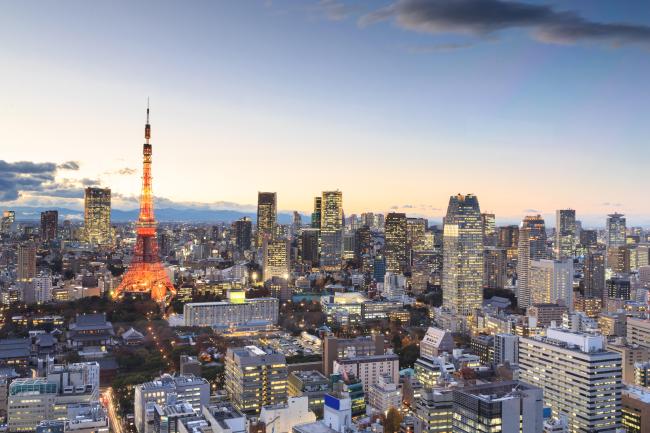
Practical information
Themes and regions
Related centers and programs
In direct response to the climate diplomacy push by US President Joe Biden, Japanese Prime Minister Yoshihide Suga announced a new 2030 goal to reduce emissions by 46% from 2013 levels, representing a significant additional effort compared to the country’s previous commitment under the Paris Agreement (-26%).

The next challenge is to demonstrate the credibility of this mid-term climate target by setting out the implications for the energy sector and adjusting the regulatory framework accordingly. Which policy tools will be favored to curb domestic emissions, how fast can Japan decarbonize its power generation mix and to what extent will the country rely on international partners for carbon offsetting and imports of low-carbon fuels?
Program:
Chair: Marc-Antoine Eyl-Mazzega, Director, Center for Energy & Climate, Ifri
- The new 2030 target: economic and policy implications
Kimiko Hirata, International Director, Kiko Network, Representative, Climate Action Network Japan
- Impacts on nuclear and renewables: a nuclear revival and leadership in offshore wind?
Tatsuo Masuda, Professor, Kaishi Professional University
- The hydrogen strategy: is a refocussing needed?
Monica Nagashima, Engagement Manager Asia, InfluenceMap
- The socio-political dimension: is society ready for change and supporting all the low carbon solutions?
Yasuko Kameyama, Director, Social Systems Division, Japan National Institute for Environmental Studies
Discussant: Carole Mathieu, Head of EU Policies, Center for Energy & Climate, Ifri
Debate with the participants
Find out more
Japan’s Hydrogen Society Ambition: 2020 Status and Perspectives
Japan has been steadfastly promoting the development of its hydrogen economy at all levels: political, diplomatic, economic and industrial. It is yet to be seen if this excitement can be turned into a credible, cost-effective and large scale deployment.
Japan’s Hydrogen Strategy and Its Economic and Geopolitical Implications
With the Basic Hydrogen Strategy (hereafter, the Strategy) released on December 26, 2017, Japan reiterated its commitment to pioneer the world’s first “Hydrogen Society”. The Strategy primarily aims to achieve the cost parity of hydrogen with competing fuels, such as gasoline in transport and Liquified Natural Gas (LNG) in power generation.
The Role of Sub-National Actors in Climate Change Policy. The Case of Tokyo
Tokyo is known as a pioneer throughout the history of Japan’s environmental policy, often being compared to California in the United States or Paris in France. Following the global trend of growing local initiatives tackling climate change, Tokyo introduced a cap-and-trade scheme in 2010 ahead of a national implementation.
Related Subjects
Other events

Paris Naval Conference 2026: Naval Rearmament and Operations in Contested Waters
This fourth edition of the Paris Naval Conference (CNP), bringing together high-level military, industrial, and academic speakers, will address the challenges associated with general naval rearmament and naval operations in increasingly contested environments.








